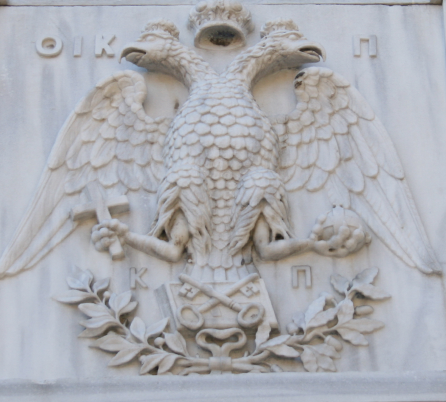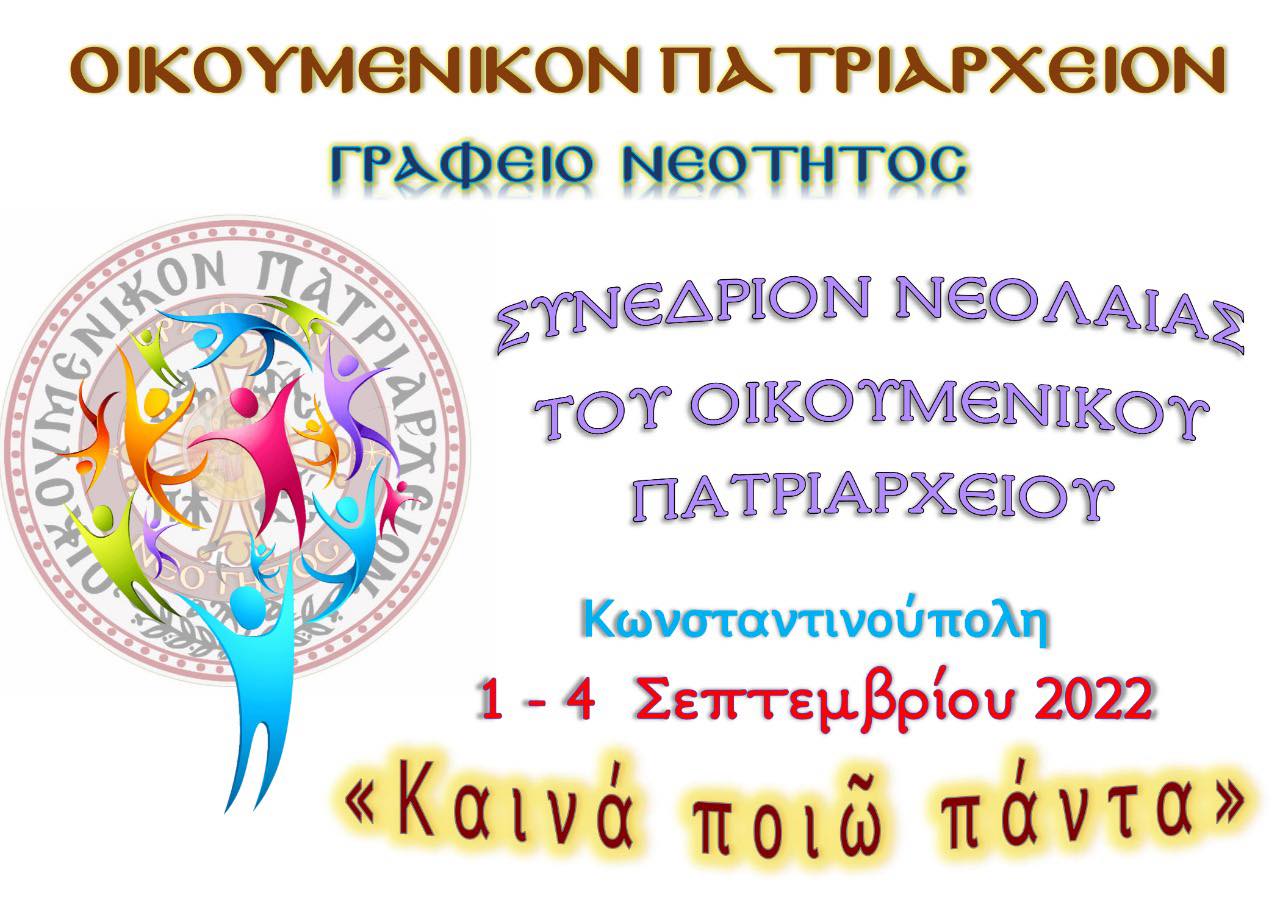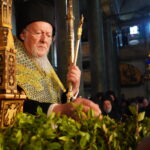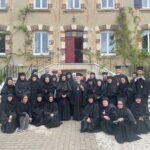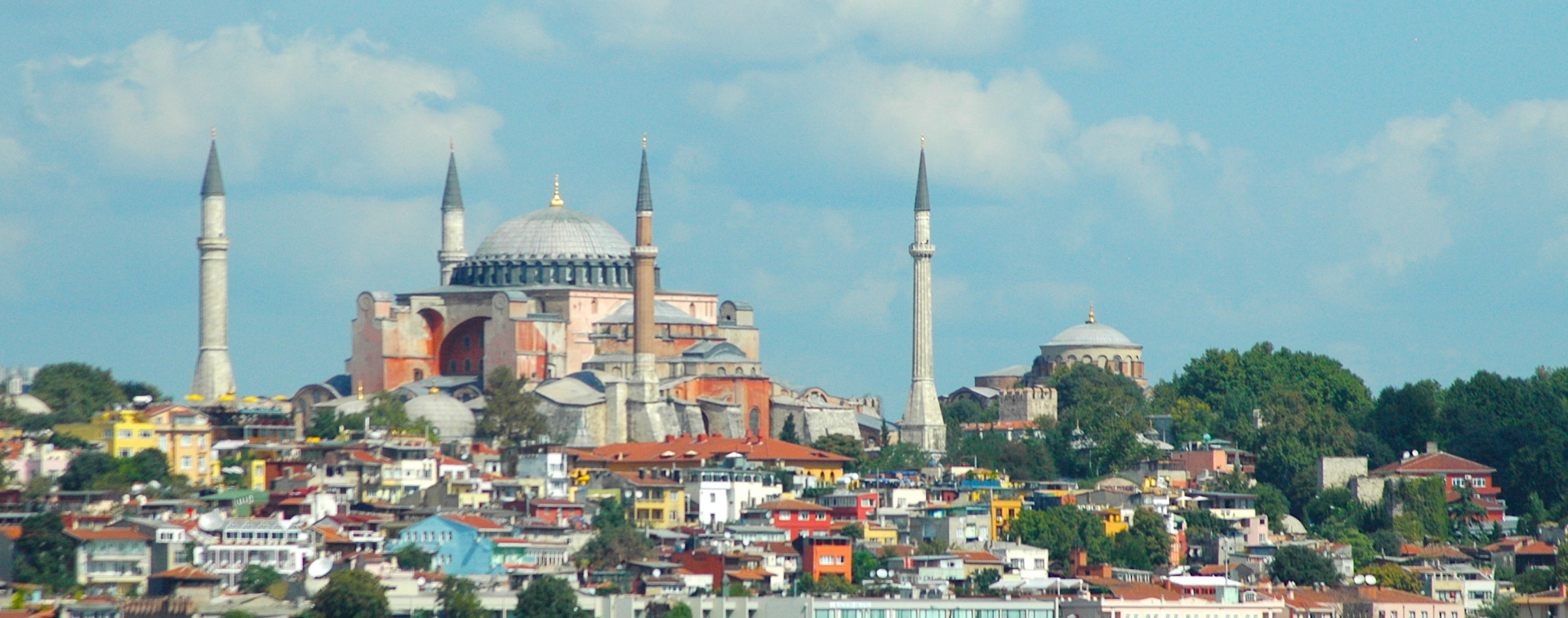







δι᾿ ημάς, είναι το «Συνεχίζομεν».
Συνεχίζομεν, διότι ο φιλάνθρωπος Θεός,
ο «αεί μεθ᾿ ημών», μας έταξε να φυλάσσωμεν εδώ,
εις την Πόλιν του Κωνσταντίνου,
τον τόπον και τον τρόπον του βίου του Γένους”
Οικουμενικός Πατριάρχης Βαρθολομαίος
Δελτία Τύπου και Ανακοινώσεις
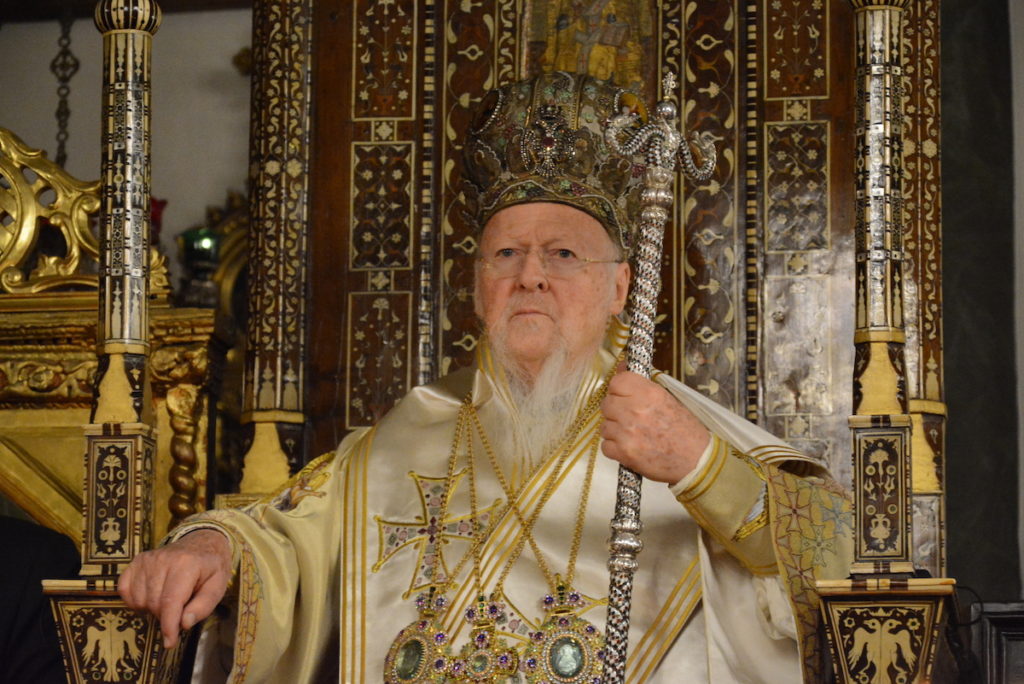 30.04.2024Patriarchal Encyclical for Holy Pascha 2024 Posted in: Ανακοινώσεις Πατριαρχείου, Πατριαρχικές Αποδείξεις – Εγκύκλιοι + B A R T H O L O M E W BY GOD’S MERCY ARCHBISHOP OF CONSTANTINOPLE-NEW ROME AND… Περισσότερα
30.04.2024Patriarchal Encyclical for Holy Pascha 2024 Posted in: Ανακοινώσεις Πατριαρχείου, Πατριαρχικές Αποδείξεις – Εγκύκλιοι + B A R T H O L O M E W BY GOD’S MERCY ARCHBISHOP OF CONSTANTINOPLE-NEW ROME AND… Περισσότερα
